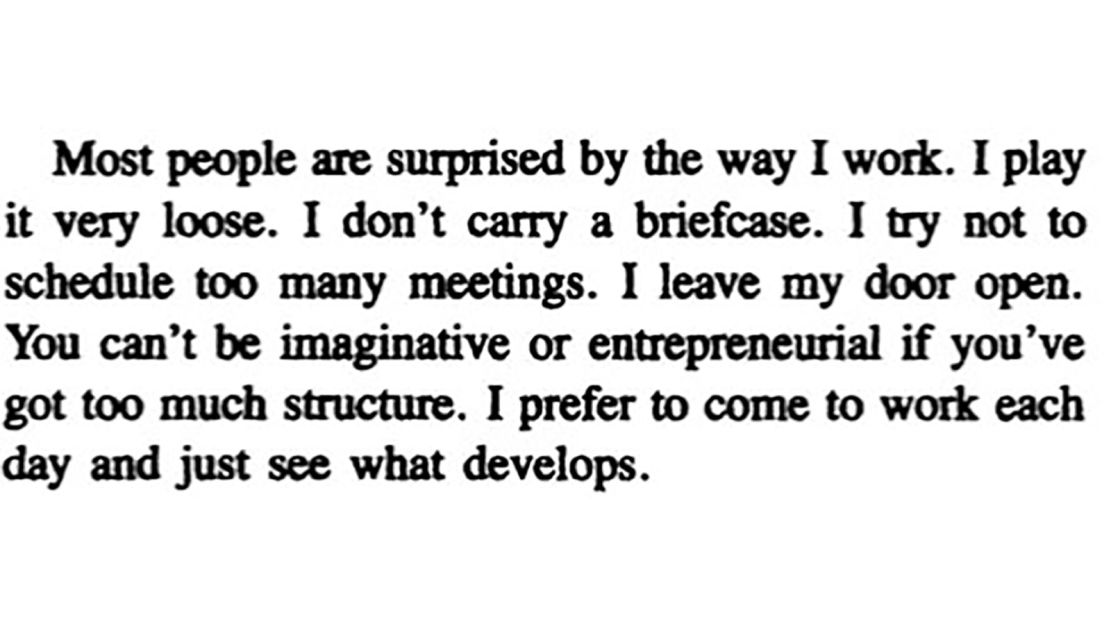When President Donald Trump says or does something controversial or just plain dumb, the initial analysis is almost always the same: He’s doing this on purpose to distract from something else!
It’s a piece of conventional wisdom spouted by both Trump allies and Trump haters:
“You can’t figure him out!” Trump supporters say with delight.
“Don’t be distracted by his attempts to distract you!” scream his detractors.
The underlying message is the same: Trump is always playing three-dimensional chess while the media covering him is playing checkers. Everything Trump says, does and tweets is part of a grand plan that the press isn’t smart enough to understand.
Take Trump’s tweets Thursday morning, when he argued that the removal of Robert E. Lee’s statue in Charlottesville, Virginia, is indicative of an attempt to sacrifice history upon the altar of political correctness. “Sad to see the history and culture of our great country being ripped apart with the removal of our beautiful statues and monuments,” he tweeted.
“See!” the three-dimensional chess crowd shouted. “He’s doing it! Turning the narrative from one focused on his ‘both sides’ defense of the violence caused by neo-Nazis and white supremacists in Virginia to one focused on the removal of historic statues!”
Winning the former fight is impossible, they (rightly) note. But winning the latter fight is far more possible.
True! There is far more reasonable disagreement in this country about whether – and how – statues of Confederate generals should be removed than there is about whether white supremacists are, um, bad.
But. I would argue that the evidence we have from Trump’s life – in the business world and now in the political sphere – makes at least as compelling a case that the President is actually playing zero-dimensional chess. Or in other words, he’s not playing chess at all. Or checkers for that matter.
Consider this anecdote via Trump’s seminal book “Art of the Deal.”

Two sentences really jump out to me: 1) “I play it very loose” and 2) “I prefer to come to work each day and just see what develops.”
Those words weren’t tucked somewhere in the middle of “Art of the Deal.” They are in the second paragraph of the book that Trump has described as his second-favorite book ever. (No. 1, he says, is the Bible.)
What those lines tell us is that Trump has always been a guy who flies by the seat of his pants, who trusts his “gut” more than any egg-headed advisers or position papers. Trump, himself, has said almost exactly that. “Experience taught me a few things,” he said back in 1987. “One is to listen to your gut, no matter how good something sounds on paper.”
It’s reasonable to assume that Trump’s approach to business (and life) in the 1980s is not dissimilar to his approach to politics and life in 2017. (Trump was 41 when “Art of the Deal” came out in November 1987. He’s 71 now.) Everything else about his persona has only become more heightened since then, so why not this too?
Seen though that lens, Trump’s candidacy and presidency take on a different tinge.
Rather than executing a brilliant long-term plan to take advantage of voters’ discontent with the status quo and too-careful politicians, Trump just as likely sort of happened into his positioning in the race: as the anti-establishment, anti-political correctness, anti-polite figure that Republican voters were craving.
That doesn’t mean Trump doesn’t deserve credit for the campaign he ran. He does. Even if he sort of fell into his populist message on immigration and trade, he was smart enough to see how well it was working – and to amplify it. But being able to read a crowd isn’t the same thing as being a master strategist with a 200-page plan you execute against day in and day out. (Sort of like New York Giants head coach Ben McAdoo’s play sheet.)
Ditto Trump’s approach in the White House. A convincing case can be made that Trump’s strategy, such as it exists, is to say provocative things – and then react to the reaction to what he said. That there isn’t any secret plan beyond being in the moment, dominating the news and making sure, no matter what, that people are talking about him.
Could Trump truly be playing a game so sophisticated that no one can fully understand it but him? I suppose. But the most obvious answer is usually the right one. And if you take Trump’s word for how he lives his life, the most obvious answer is that Trump in the White House is doing what he’s done his whole life: just winging it.


